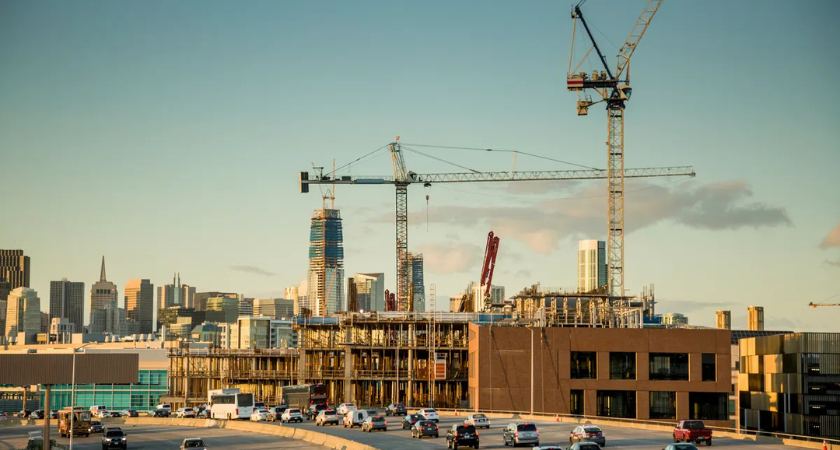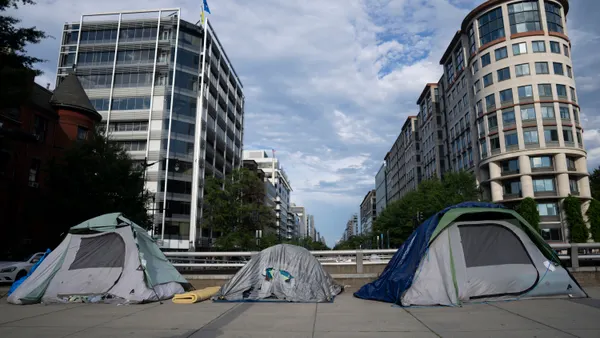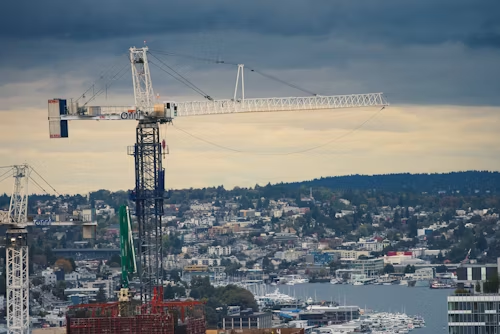
SAN FRANCISCO — Seeking to break free from years of sluggish construction and mounting affordability challenges, Mayor Daniel Lurie has introduced a new legislative package designed to overhaul San Francisco’s permitting system. The reforms are part of the mayor’s ongoing PermitSF initiative, which aims to strip away long-standing barriers that critics say have stifled new development in the city.
Join Silicon Valley's construction elite at CO Summit Santa Clara – network, discover AI innovations, and explore high-impact sponsorship opportunities. | Sign up

The proposed changes include cutting permitting fees for large-scale projects valued at $100 million or more, removing the requirement that developers meet with city staff before submitting applications for major projects, and loosening restrictions on the use of historic buildings. The package also creates clearer pathways for adding accessory dwelling units (ADUs) — smaller, secondary homes that have been touted as one of the most effective ways to quickly boost housing availability.
“We are continuing to push common-sense reforms that provide meaningful benefit to everyday San Franciscans as well as build a better foundation for a new wave of construction activity we hope to see in San Francisco,” said Liz Watty, Director of Current Planning at San Francisco Planning.
Mayor Lurie has not minced words when describing the existing system, which developers and housing advocates have long criticized as opaque, costly, and unpredictable. He likened the process to “death by a thousand cuts” and emphasized that the new measures are meant to bring clarity and efficiency.
“We are getting rid of the nonsense and focusing on common sense,” Lurie stated.

The reforms come at a time when new housing construction in San Francisco has been in steep decline. After a surge of activity in 2020, production has dropped sharply. In 2024, the city added just 1,597 new housing units — a 30% decrease from the prior year and more than 50% below its 10-year average.
This slowdown has exacerbated an already dire affordability crisis. According to a recent Consumer Affairs analysis, San Francisco ranks as the second-most expensive housing market in the country, where a household income of $386,359 is needed to afford a median-priced home.
The new package builds upon earlier steps taken under the PermitSF initiative. Those included extending permit center service hours, consolidating information into a single online hub, and introducing technology tools to reduce paperwork and processing delays.
Housing advocates and industry leaders argue that while these reforms are essential, broader action is still needed to fully address the city’s supply gap. Still, Lurie’s latest measures are being hailed as a significant step forward.
If adopted, the reforms could signal a more development-friendly environment for a city where red tape has long delayed projects, discouraged investment, and hindered efforts to meet state-mandated housing targets.
Originally reported by Ryan Kushner in Construction Dive.